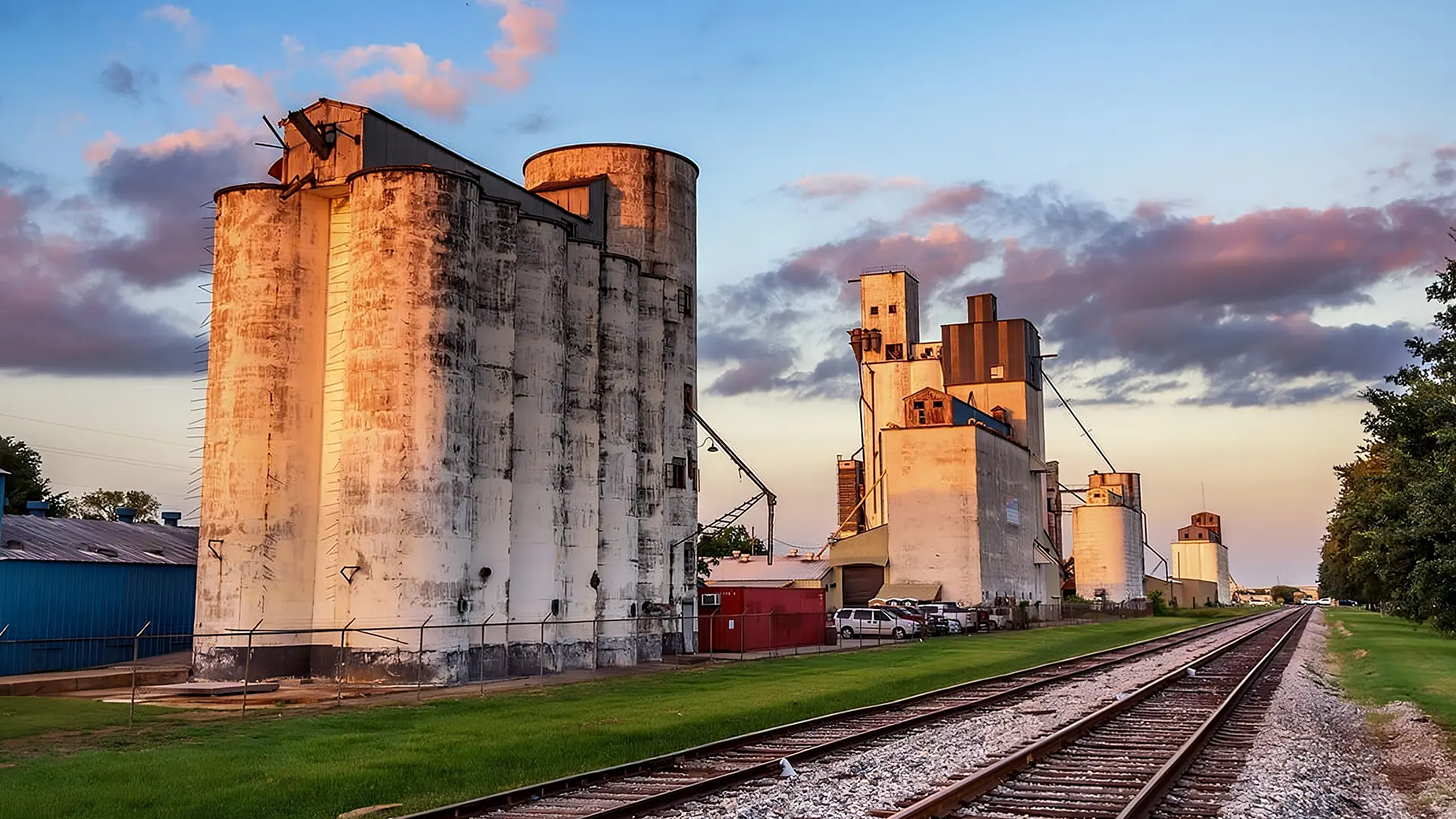Address
P.O. Box 947
St. Katy, Texas 77492
A Community and School Share a Name
Katy High School and the Katy community share a rich heritage. In the beginning it was only a wide open prairie, the hunting ground of the Karankawa Indian tribes, the winter feeding grounds of great herds of buffalo and large flocks of wild ducks, geese, sandhill and whooping cranes, and numerous other game birds, and home to longhorn cattle, deer, and wolves.
Join us as we rewind through history and revisit some of the milestones of our community.
Historical Photos
Most of the information in the following Community sections were generously provided by Katrina Katsarelis of Katy Magazine.
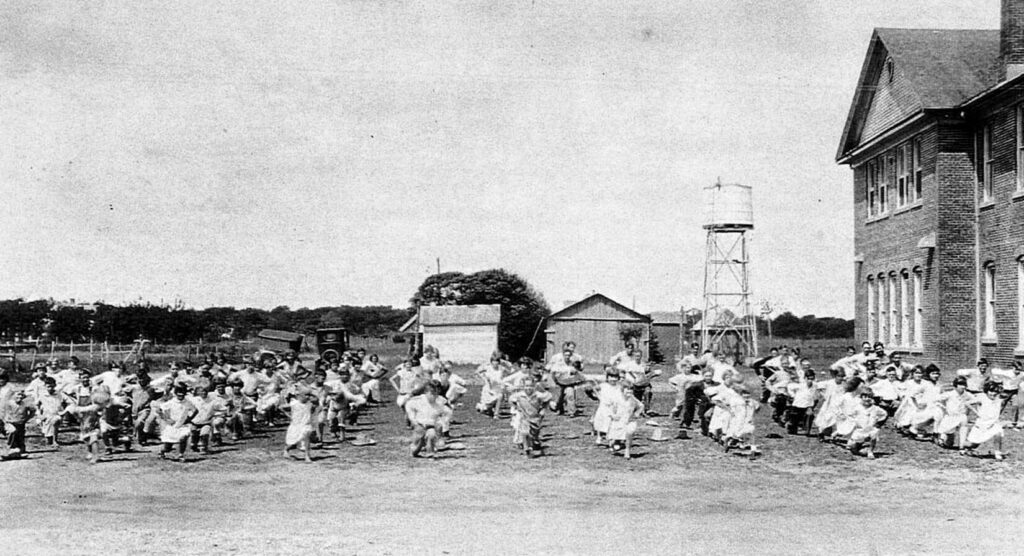
Cooling Off
Katy farmers created an inadvertent means of cooling off when they started building rice wells to easily irrigate their crops and pastures.
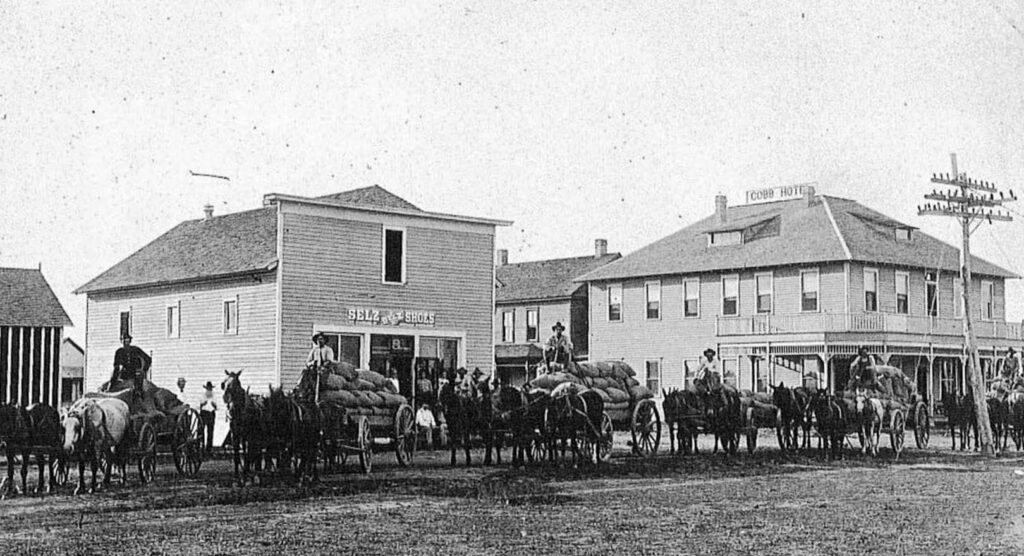
Early Life
Early life in Katy centered mostly around the rice fields and the MKT Railroad, which some believe gave rise to the town’s name.
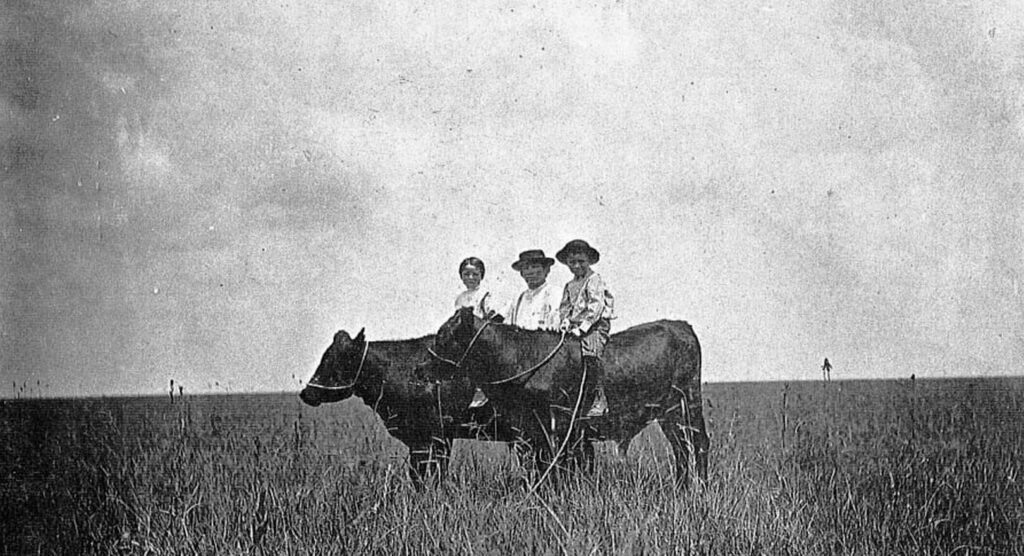
Flamekeepers
The Flamekeepers, or rather the Keepers of the Flame are responsible for preserving, documenting, and sharing the history of Katy.
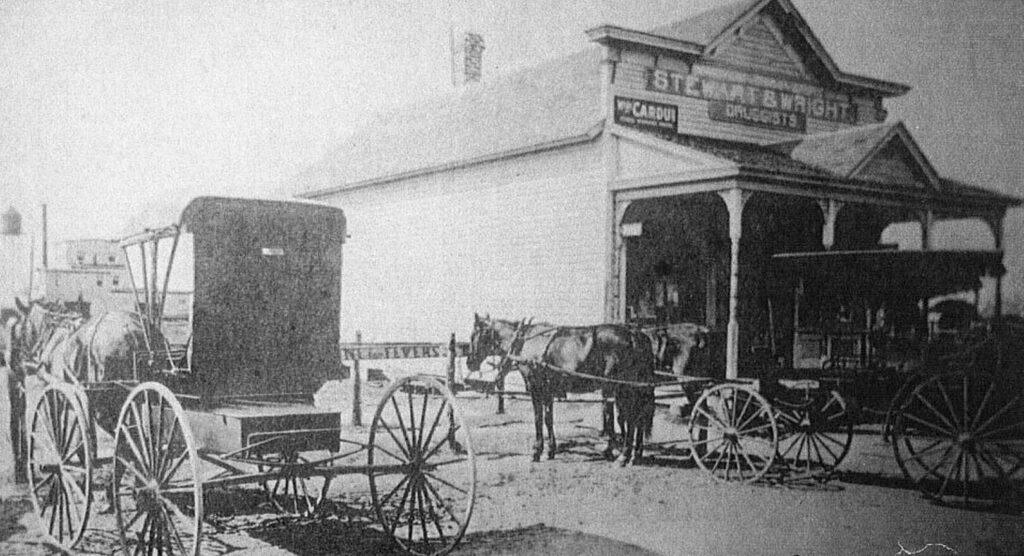
Hardships
The Katy community has seen its share of hardships, but none more devastating than the Galveston Hurricane that leveled the city in 1900.
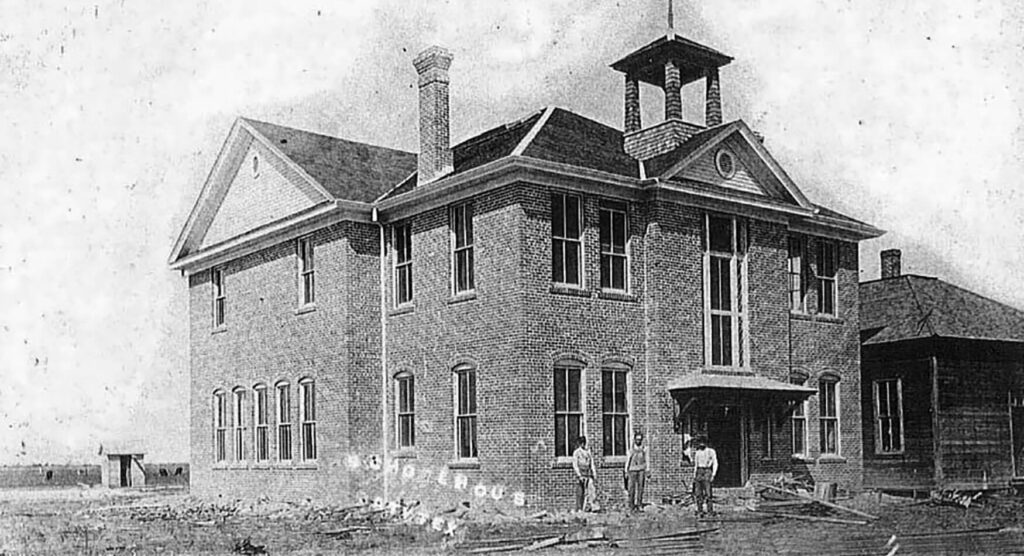
Historical Photos
Historical photos, preserved by the Katy Heritage Society and shared by Katy Magazine, document the history of the City of Katy.
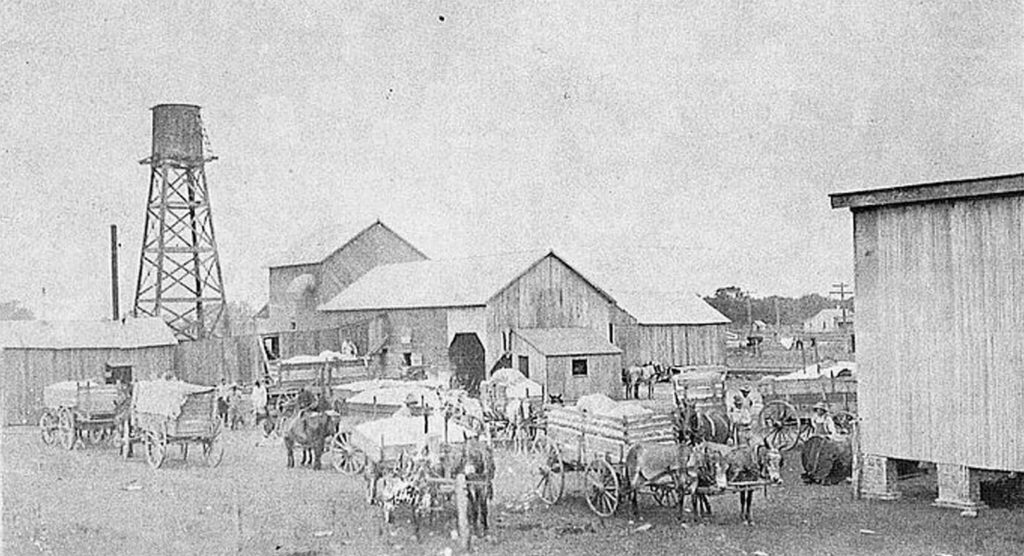
Influences
Influences from northern and Midwest states shaped the way Katy was sold to outsiders who came for the rich soil and cheap land.
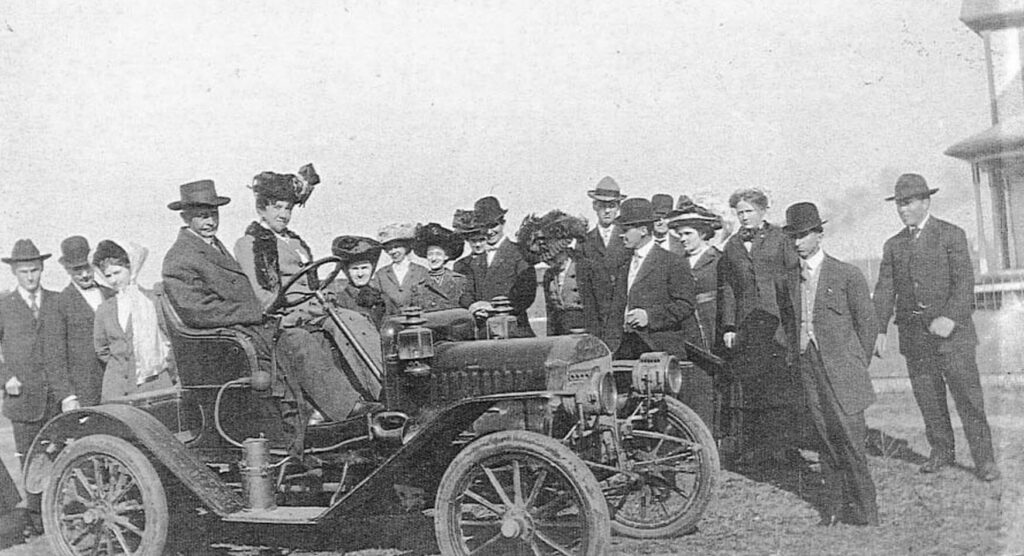
Katy Families
The Katy Community, built on Rice and Railroads, was ultimately built and grown by families that lived, worked, and worshipped together.
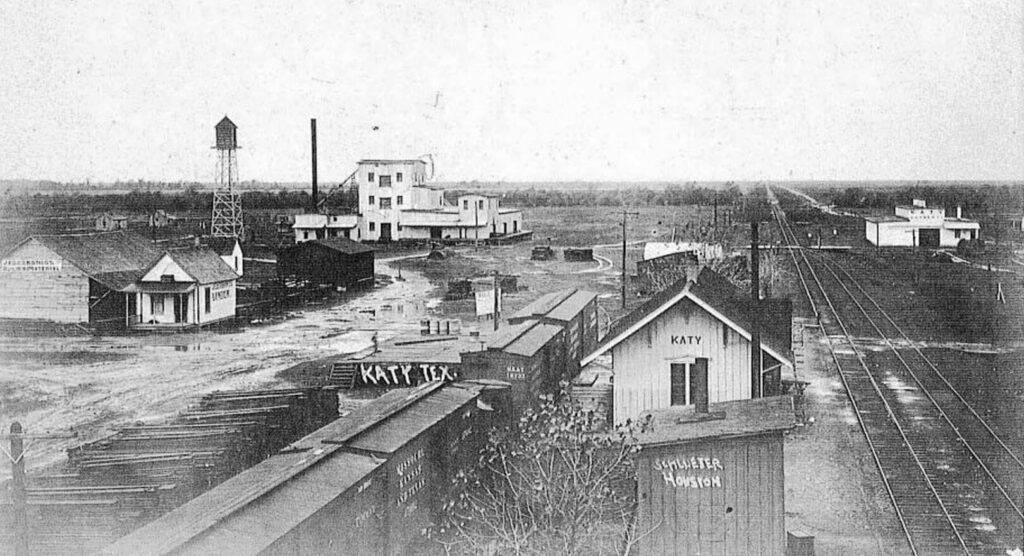
Looking Back
Looking back, it’s not difficult to think about Katy’s earliest citizens who worked hard to build Katy with little more than their bare hands.
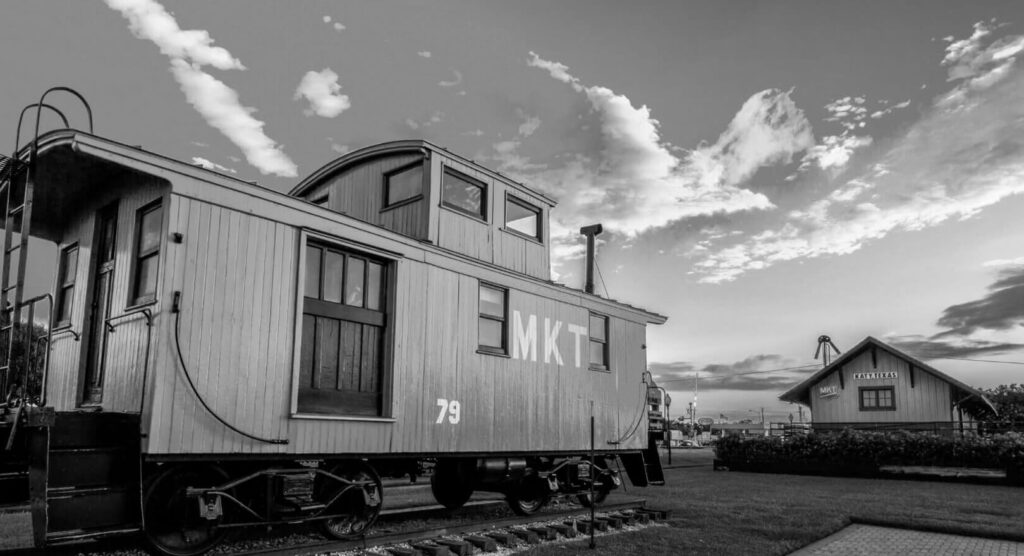
MKT Railroad
The MKT Railroad, for which the town was named, connected Missouri, Kansas and Texas on untraditional North-South routes instead of East-West.
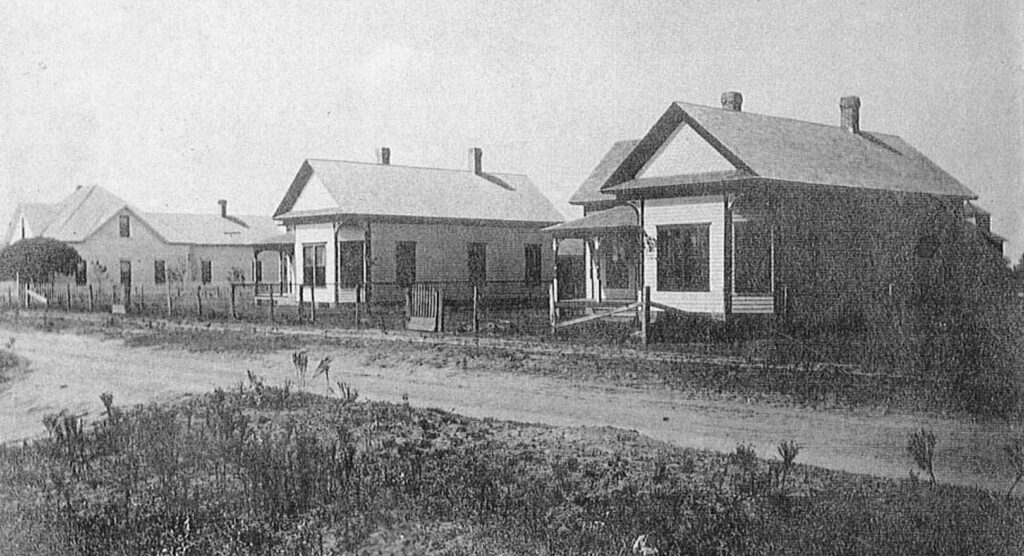
Old Oaks
The Old Oaks of Katy are precious because historically, the town was a bald, flat prairie. It was the early citizens who planted the Oaks.
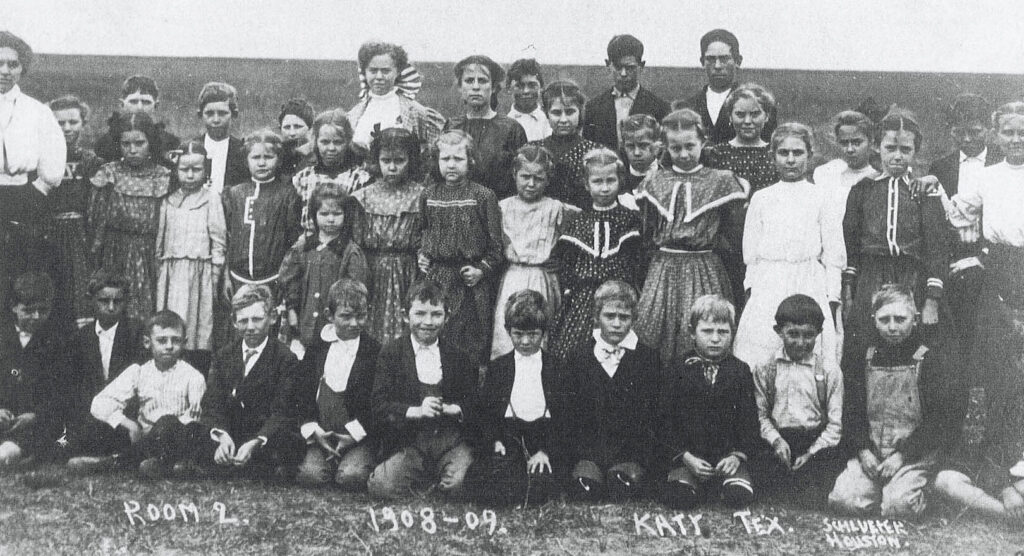
School Life
School life in Katy consisted of children living on farms and attending school at home or in a one-room country school in the outlying areas.
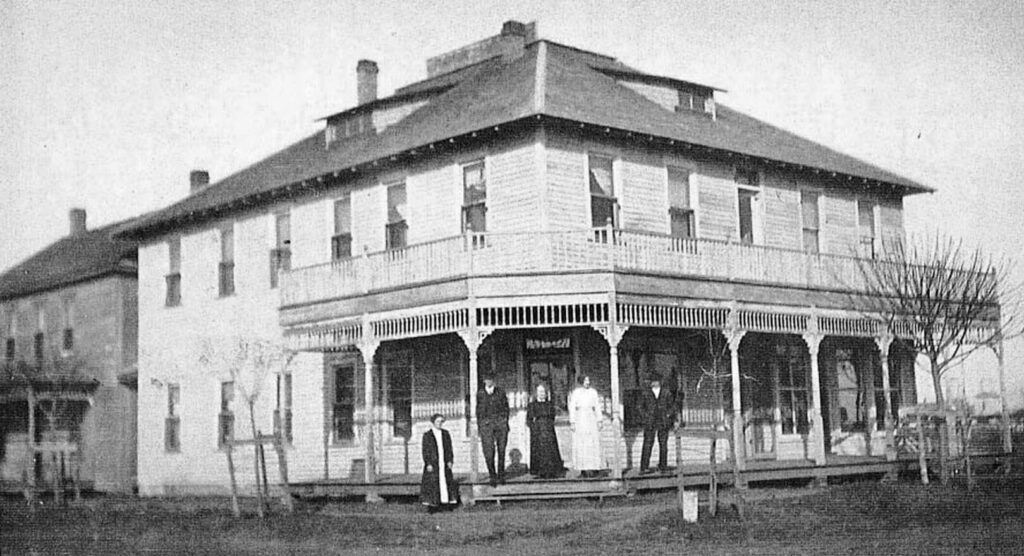
Social Life
Katy’s early citizens worked hard but they also enjoyed their social life and gathering together, mostly centered around church activities.


